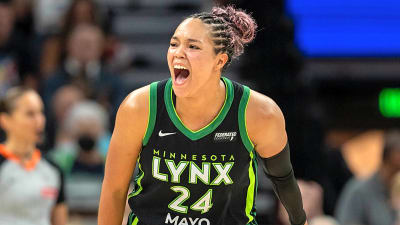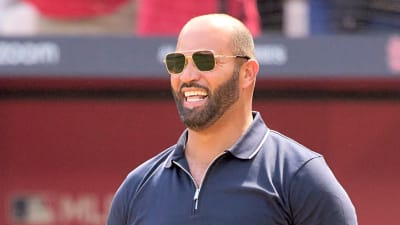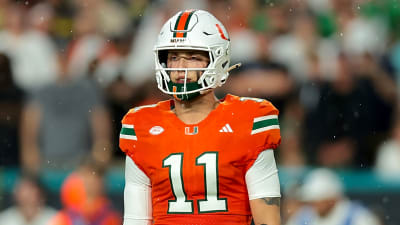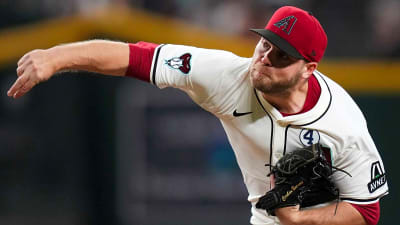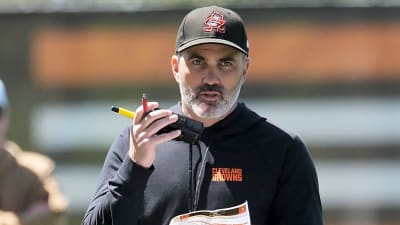
Kevin Durant alone can’t save the Rockets’ middling offense
Last season, despite finishing 52–30 and grabbing the No. 2 seed in the West, the Houston Rockets’ offense was middling. They averaged 114.3 points per game, tied for 13th in the league, and ranked 13th in offensive rating at 115.3. For a team making the playoffs, that’s a worrisome mark. Their assist average — 23.3 per game — also signals that they didn’t always move the ball with elite fluidity.
One recurring complaint was spacing (or lack thereof). With personnel that lacks reliable shooters — Amen Thompson, Jabari Smith (still streaky) and Alperen Sengun (great in the post but not a volumetric threat from deep) — defenses were able to clog driving lanes and shrink the court. The Rockets’ strength was often crashing the boards: they posted 48.5 rebounds per game, the best in the league and for the franchise since 1972–73, and leaned on second-chance points.
Much of Houston’s identity was built on defense, energy and chaos, not set plays. The offense often felt like a secondary priority, pieced together around transition and hustle.
Kevin Durant’s production is promising — but not magical
When Kevin Durant played with the Phoenix Suns last season, he maintained elite efficiency. He averaged 26.6 points, 6.0 rebounds, 4.2 assists, shooting 52.7% from the field and 43.0% from three. That kind of output gives the Rockets a clear offensive focal point. The Rockets traded away Jalen Green and Dillon Brooks in the deal, signaling they expect Durant to carry much of the scoring burden.
But even the best scorers can’t operate in isolation every time. Durant will draw constant attention from defenses, and without shooters to punish rotations, opposing teams can collapse help and dare others to beat them. His mere presence raises the ceiling of what Houston can do offensively — but it doesn’t automatically fix systemic issues.
New challenges for players under pressure
The ACL injury to Fred VanVleet throws a wrench in Houston’s plans. VanVleet was a stabilizer — a guard who could initiate, defend and hit a shot when needed. Without him for much, or all, of the season, those responsibilities fall on younger guards and wing shooters who haven’t always delivered at a high level. The Rockets did bring in Dorian Finney-Smith and re-acquired Clint Capela, beefing up the defensive front and paint presence., but neither is a perfect remedy for spacing. Capela is limited on offense beyond rim work; Sengun remains their best interior option but isn’t a consistent threat from the perimeter.
That means Thompson, Smith and others must become more reliable shooters. They were already streaky. Now, they’ll be looked at not just for defense or hustle, but for spacing the floor to make Durant and the offense function more freely. The margin for error narrows drastically when your secondary scorers can’t keep defenses honest.
Durant gives Houston a transcendent offensive weapon — someone who can be forceful in isolation, create his own looks and punish schemes. His excellence will elevate them offensively, but the same constraints that held the Rockets back before remain: suboptimal spacing, reliance on non-shooters, and rotation holes without VanVleet.
If Houston is going to move from a defensive, scrappy team to a true offensive threat, it will require more than Durant. It demands growth from role players, better floor balance and coaching schemes that swing the ball and punish overhelp. In short: Durant can be the spark plug, but he won’t spin straw into gold by himself.
More must-reads:
- Kevin Durant addresses whether he expects to sign extension with Rockets
- The 20 best current NBA players over the age of 35
- The 'Team USA Men's Basketball gold medalists' quiz
Breaking News
Trending News
Customize Your Newsletter
 +
+
Get the latest news and rumors, customized to your favorite sports and teams. Emailed daily. Always free!
